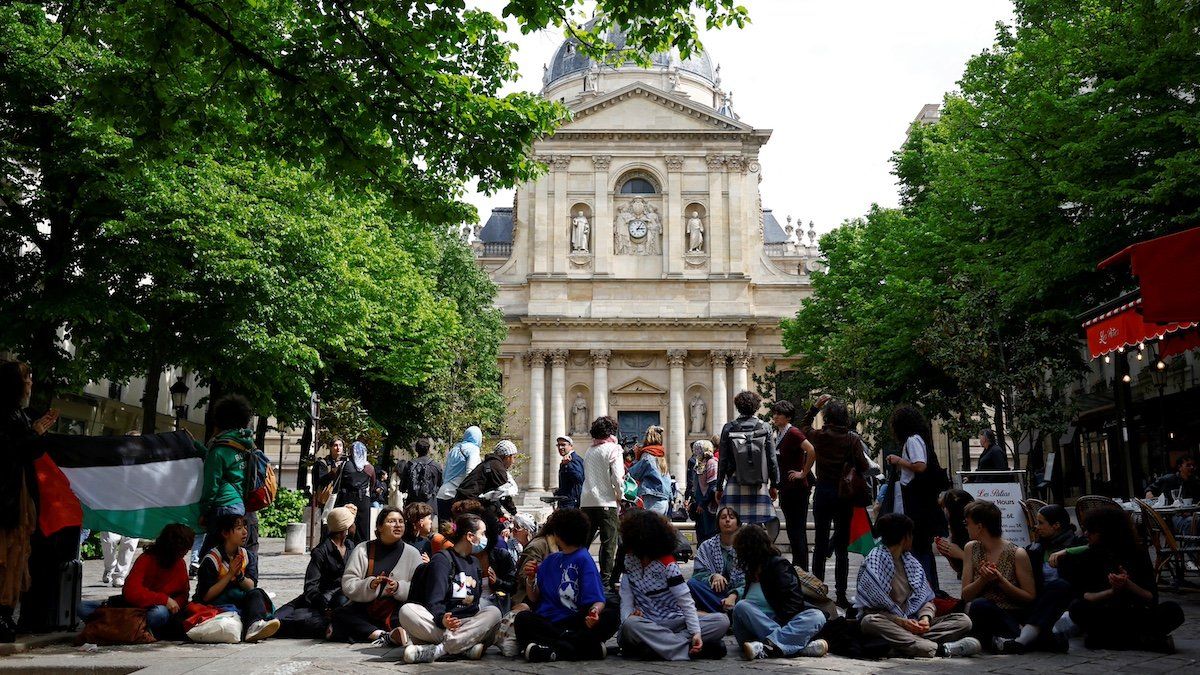As police ramp up efforts to dismantle pro-Palestine encampments and demonstrations on US campuses, the student protests are going global.
Students at four universities in Australia have jumped onto what they call a “global wave” of pro-Palestinian activism, vowing to occupy areas of campus with encampments until their schools cut financial ties with Israel.
In the Middle East, student protests are raging from Kuwait to Egypt to Lebanon, where students occupied central locations on campuses on Monday and Tuesday, calling for divestment and an end to the war in Gaza.
Tensions are also rising between students and authorities inFrance, a country with a history of protest and the largest Jewish population in Europe. Students in Paris at the Sorbonne and Sciences Po began occupying parts of their institutions last week. On Saturday, Prime Minister Gabriel Attal said his government “would not tolerate the actions of a dangerously acting minority trying to impose its rules and an ideology coming from North America,” while the president of the Île-de-France regionsuspended funding for Sciences Po until “calm and security have been restored.”
Encampments have also popped up at universities in the UK, Canada, Turkey, Germany, Japan, India, and Argentina. For many protesters, fighting for a cease-fire has taken on a larger meaning. They continue to call for divesting from Israel, but they also tie the plight of Palestinians to global structures of oppression and link the war in Gaza to
issues like police brutality, the mistreatment of Indigenous people, racism, and climate change.
